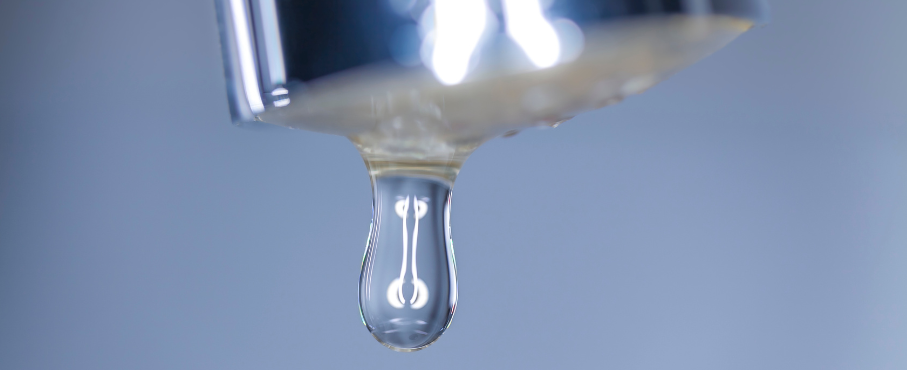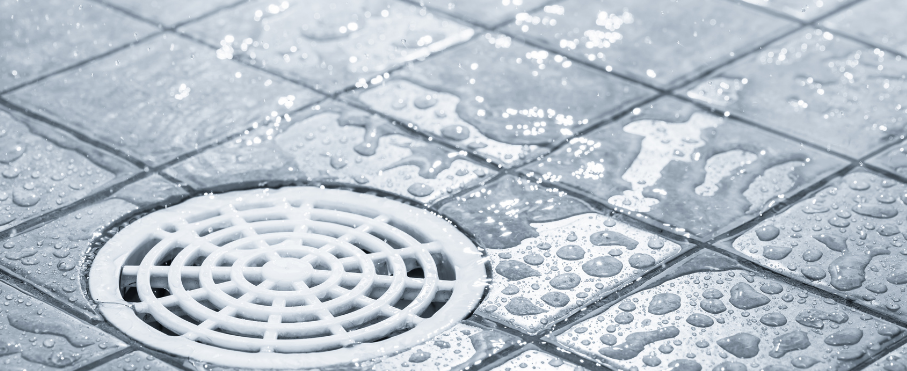Why Today’s Furnaces Are So Much More Energy Efficient
Comparing the AFUE ratings of today’s furnace with those from only a few decades ago is pretty surprising. At one time, an AFUE rating of 60% was typical. That means the furnace wastes 40% of the fuel it’s burning, only converting 60% of it into actual heat. Now look at today’s furnaces. Even an average unit will score greater than 80%—and special high-efficiency units can score up to 97%! That’s a tremendous change.
How did this come about? It can’t be as simple as “Well, we just got better at building the things,” right? Okay, yes, it’s partially that… but there have been some other advances in technology that have made furnace better at conserving energy. Off the top of heads, here’s a few:
Electronic ignition systems
The standing pilot light that furnaces used for decades to ignite their burners is also a standing waste of money. A pilot light had to burn through the whole season just to be ready to light the burners. New electronic ignition systems are far more energy efficient, since they only heat up when it’s time for the burners to come on. They’re more dependable as well.
Sealed combustion chambers
An open combustion chamber will lose heat, but this was the standard way furnaces were built for many years. Modern sealed combustion chambers trap the heat, and also help make the furnace run quieter and safer.
Multi-stage burners
Conventional burners have only an “on” and “off” setting… which is sort of like having a gas stove that is always on high flame whenever you turn it on. That makes for a waste of energy and a difficult time cooking. Multi-stage furnaces have burners that work like a gas stove: they can run at lower power when necessary
Variable-speed blowers
These are similar to multi-stage burners, except it’s a blower fan that can run at different speeds. The blower will automatically change the capacity at which it’s running to match the heating needs of the home, and 75% of the time it will run at energy-saving lower capacity.
Are you looking for a new furnace installation in Cary, NC? Then call Raleigh Heating & Air, Inc.





